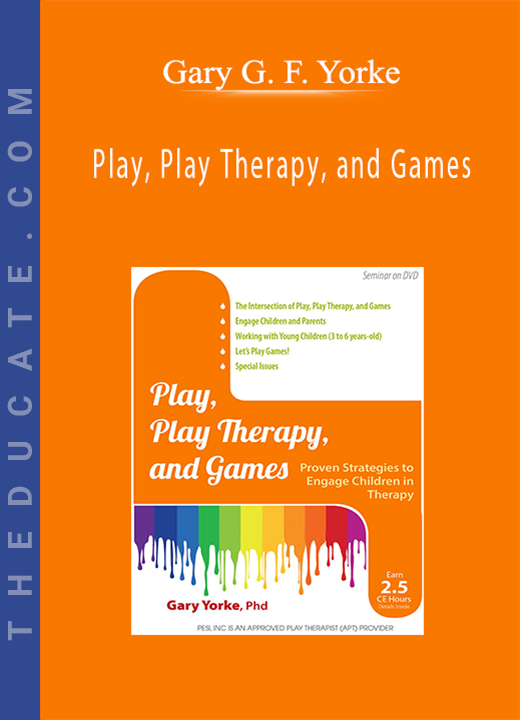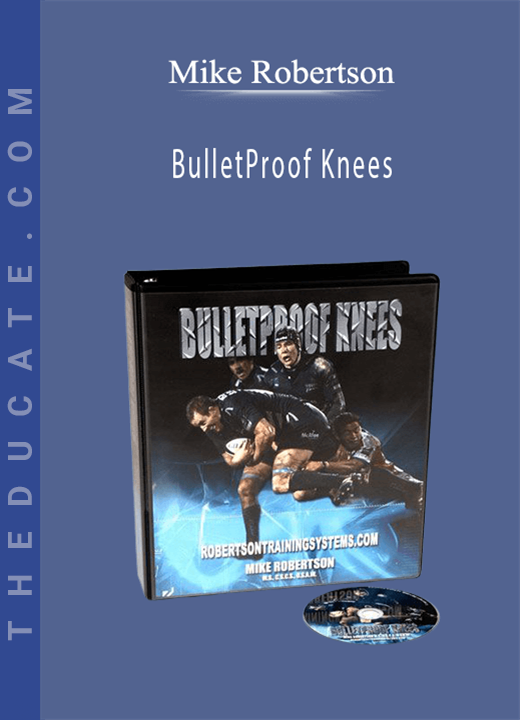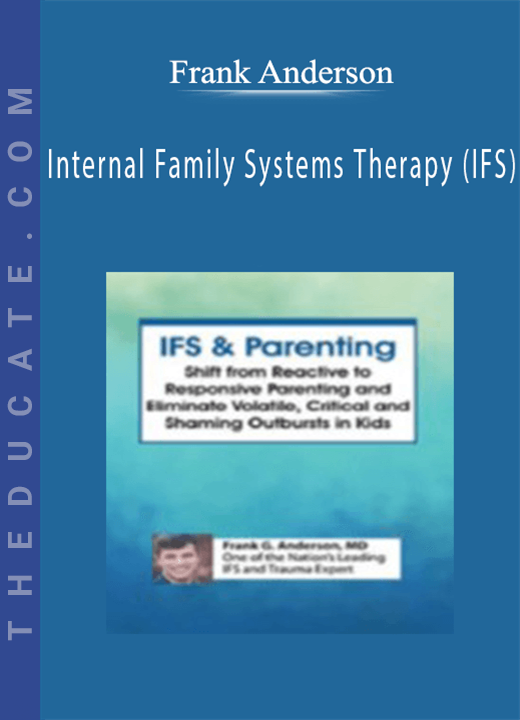Description

Play, Play Therapy, and Games – Gary G. F. Yorke
- Create stories that engage children and achieve therapeutic goals
- Foster emotional competence and social skills
- Overcome resistance
- Game activities using everyday materials
This dynamic and engaging workshop is perfect for adding play clinical therapy strategies and techniques to your repertoire. You will learn practical and engaging strategies to use immediately, for children with ADHD, depression, anxiety, ODD, and more.
The strategies and techniques you will learn in this workshop include storytelling, therapeutic board games, rating scales, Thumballs, paper and pencil games, checkers, noncompetitive games, communication games, popular children’s games such as Candy Land and Don’t Break the Ice®, and Bibliotherapy. The strategies and techniques taught in this workshop are suitable for children with a wide variety of challenges, including anger, anxiety, depression, non-compliance, disruptive behavior, and social skill deficits. A detailed course handbook will provide additional information about techniques and strategies discussed in this workshop, as well as additional resources.
- Implement strategies for engaging children and their parents in therapy while maintaining a therapeutic environment.
- Apply a variety of interventions to foster social and emotional competence.
- Communicate how games make therapy accessible and productive.
- Utilize a variety of games to facilitate therapy, overcome resistance, foster emotional and social competence skills and make sure clients have fun when they come to their session.
- Implement Bibliotherapy techniques strategically and develop storytelling skills that can be used to mirror our client’s healthy development and coping skills, and to model and suggest strategies for addressing problems.
- Employ popular, commercially available games (e.g. Candy Land) to facilitate therapy.
Let’s Play Games!
- Use games diagnostically and therapeutically
- Select games for specific diagnoses and symptoms
- Games to establish rapport
- Maintain a therapeutic attitude while encouraging clients to have fun
The Intersection of Play, Play Therapy, and Games
- Establish therapeutic goals collaboratively
- Select materials specific to the client’s symptoms and behaviors
- Teach skills and alternative behaviors
- Facilitate interpretations and connections
- Reinforce appropriate behaviors in sessions
Strategies to Engage Children and Parents
- Engage parents, before, during, and after the initial visit
- Educate parents about play therapy
- “Homework” interventions
- Communication games
Strategies for Young Children (3 to 6 years old)
- Brief therapy strategies
- Parent training
- Cooperative games
- Storytelling games
- How to use non-therapeutic games
- Address disruptive behavior disorders
- Play techniques and bibliotherapy for anxiety and depression
Strategies for Elementary School Children (6 to 11 years old)
- Engage children in the first and second sessions
- Collaborate with parents
- Selection and use of therapeutic games
- Storytelling
- Structured activities for ADHD, anxiety, depression and ODD
- Suggestions for non-therapeutic games
Strategies for Middle School Children (11 to 14 years old)
- Engage middle school children in the first and second session
- Reluctant clients and withdrawn clients
- Angry and passive-aggressive clients
- Clients/students with weak social skills
- Structured activities for ADHD, anxiety, depression and ODD
- Collaborate with parents
- Selection and use of therapeutic games
- Storytelling
- Non-therapeutic games
Special Issues in Child Therapy
- How much self-revelation is OK
- Disruptive behaviors, cheating and frustration
- Resistance to game play
- Include siblings, parents, friends







7 reviews for Play, Play Therapy, and Games: Proven Strategies to Engage Children in Therapy – Gary G. F. Yorke
There are no reviews yet.